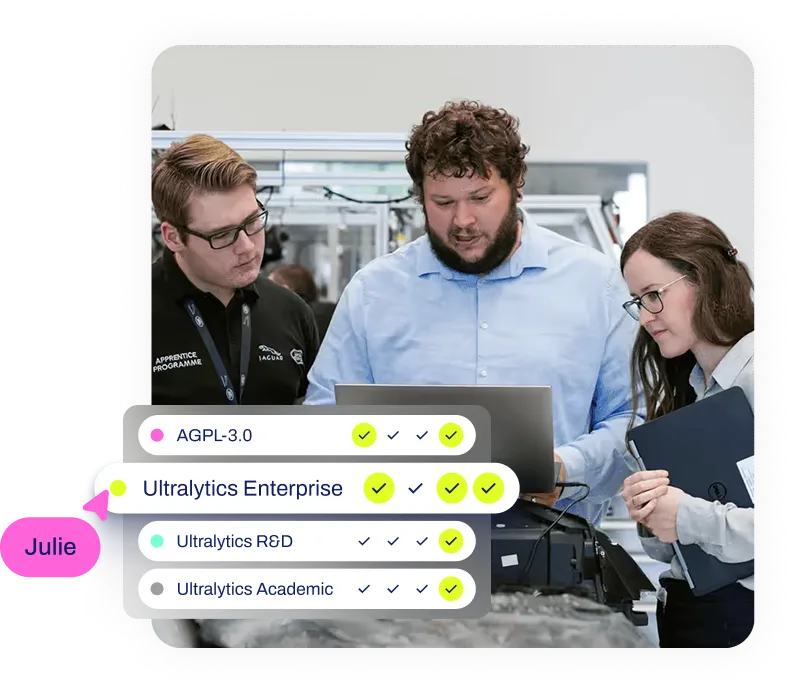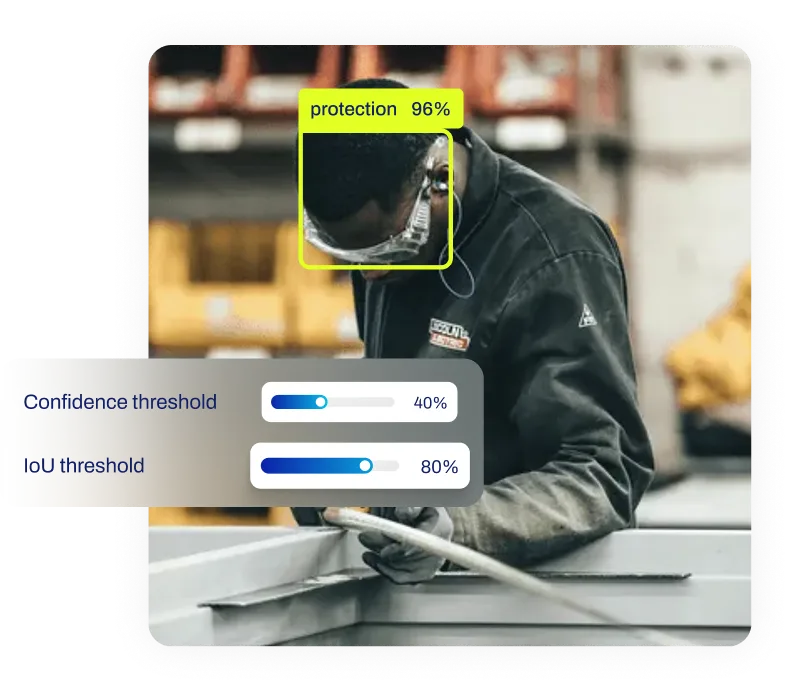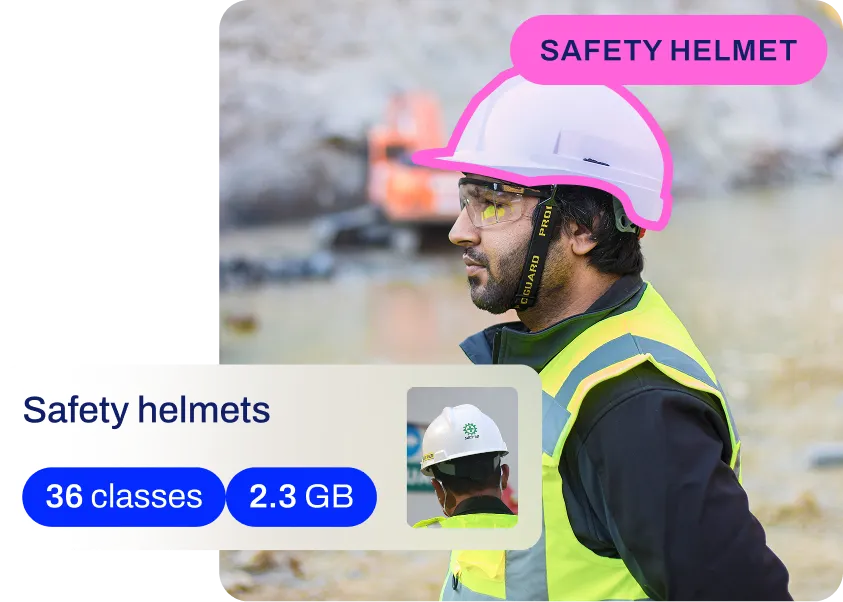Artificial Intelligence (AI)
Explore the fundamentals of Artificial Intelligence, from Machine Learning to Deep Learning. Learn how Ultralytics YOLO26 powers modern AI and computer vision.
Artificial Intelligence (AI) is a vast field of computer science dedicated to creating systems capable of performing
tasks that traditionally require human cognition. These tasks range from recognizing speech and interpreting visual
data to decision-making and language translation. At its core, AI seeks to simulate human intelligence processes by
enabling machines to learn from experience, adjust to new inputs, and perform human-like tasks. Modern advancements
have shifted the focus from simple rule-based systems to sophisticated
data-driven approaches that allow software to
improve autonomously over time. Today, AI serves as the foundation for transformative technologies like
autonomous vehicles and intelligent virtual
assistants, reshaping how industries operate globally.
The Hierarchy: AI, Machine Learning, and Deep Learning
To fully grasp the landscape, it is helpful to visualize these concepts as nested layers.
Artificial Intelligence is the overarching discipline. Within this broad category lies
Machine Learning (ML), a subset that focuses on
algorithms that learn patterns from data rather than being explicitly programmed for every specific rule. Deepening
the specialization is Deep Learning (DL), which
employs multi-layered neural networks (NN) to
model complex patterns in massive datasets. While a basic chess program might be considered AI, modern powerhouses
like YOLO26 utilize deep learning architectures to achieve
state-of-the-art performance in complex visual tasks.
Types of AI: Narrow vs. General
Most AI applications in use today fall under the category of
Artificial Narrow Intelligence (ANI), sometimes referred to as Weak AI. These systems are
designed to excel at specific, well-defined tasks—such as recommending products, detecting credit card fraud, or
analyzing medical images—often surpassing human speed and accuracy within that limited scope.
In contrast,
Artificial General Intelligence (AGI), or Strong AI, represents a theoretical future state
where a machine would possess the ability to understand, learn, and apply knowledge across a wide variety of tasks,
exhibiting cognitive flexibility indistinguishable from a human. Research organizations and
academic institutions worldwide continue to explore the path toward these more
generalized systems, though current technology remains firmly in the realm of ANI.
Real-World Applications and Use Cases
The practical utility of AI spans virtually every sector. Two prominent examples illustrate its impact:
-
Computer Vision in Healthcare: AI models are revolutionizing diagnostics by analyzing X-rays and
MRI scans to identify abnormalities with high precision. For instance,
object detection algorithms can pinpoint tumors
or fractures, acting as a second pair of eyes for radiologists. This application of
medical image analysis significantly
speeds up diagnosis and improves patient outcomes.
-
Generative AI for Content Creation: Recent breakthroughs in
Generative AI allow machines to create new content,
including text, images, and code.
Large Language Models (LLM) power
chatbots that can draft emails or summarize documents, while image generation tools streamline creative workflows in
marketing and design.
Implementing AI with Python
Developers can easily integrate AI capabilities into their software using high-level libraries. The following example
demonstrates how to use the Ultralytics YOLO26 model to
perform object detection on an image. This illustrates the ease of running
inference with pre-trained models.
from ultralytics import YOLO
# Load the YOLO26n model, optimized for speed and accuracy
model = YOLO("yolo26n.pt")
# Perform object detection on a sample image URL
results = model("https://ultralytics.com/images/bus.jpg")
# Display the detection results (bounding boxes and labels)
results[0].show()
Data and Ethics in AI Development
The success of any AI system is heavily dependent on the quality of its
training data. Using tools like the
Ultralytics Platform, teams can manage
data annotation and training workflows to ensure
their datasets are robust and representative. However, the reliance on data brings challenges regarding
algorithmic bias. If the input data contains
historical prejudices, the AI model may replicate or amplify them. Consequently, the field of
AI Ethics and
AI Safety has grown in importance, focusing on developing
transparency in AI and ensuring systems operate
fairly and reliably. Organizations like NIST provide
frameworks to help manage these risks effectively.
Future Outlook
As computational power increases through specialized hardware like
GPUs and
TPUs, AI models are becoming more
efficient and capable. Concepts like edge AI are pushing
intelligence directly to devices, reducing
inference latency and dependency on cloud
connectivity. Whether through advancing robotics or
enhancing predictive modeling in finance, AI
continues to be a driving force of innovation.










.webp)